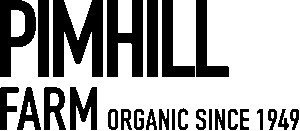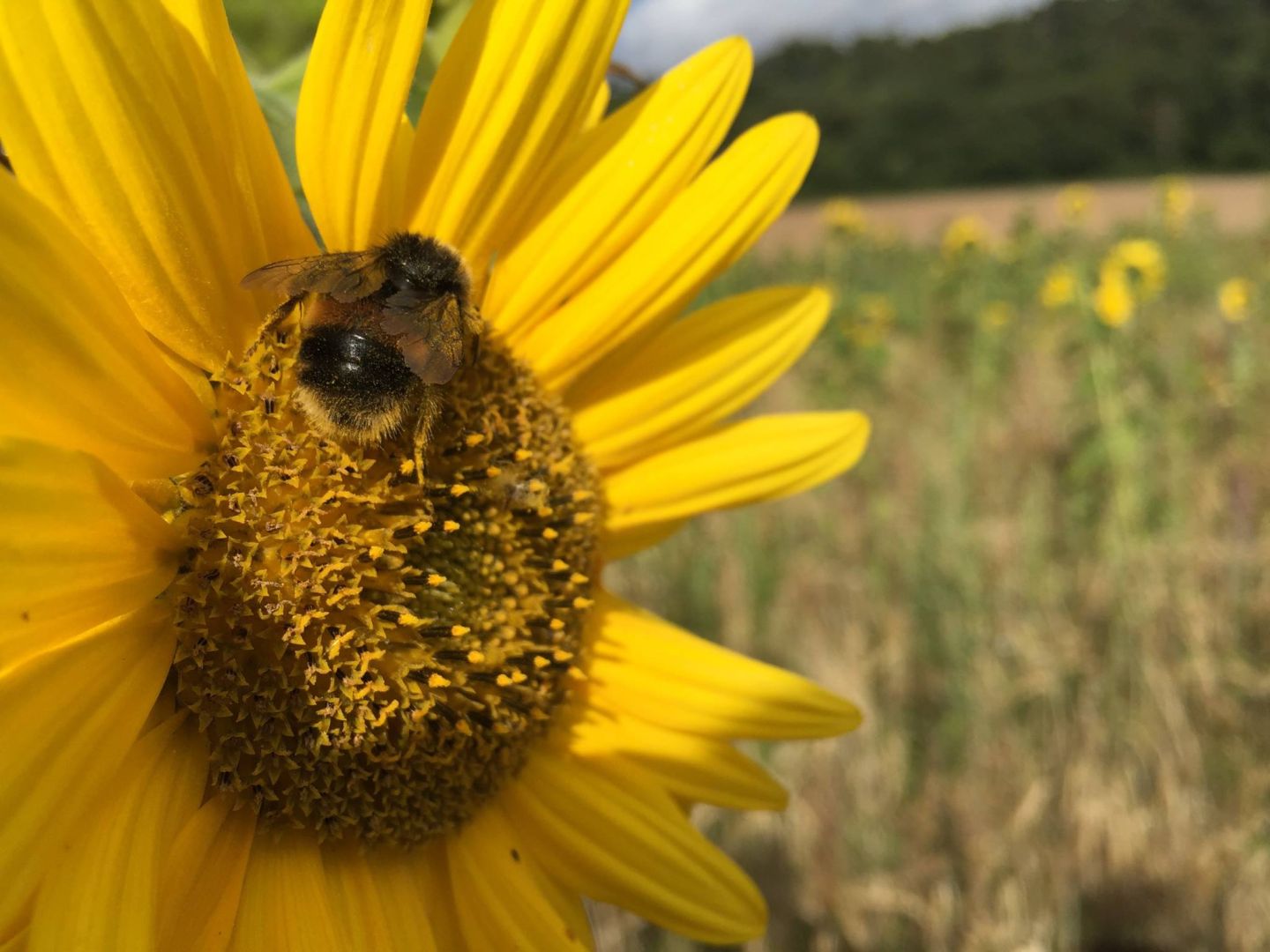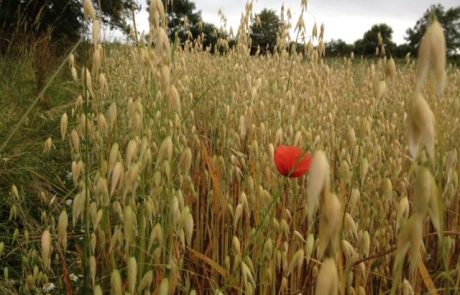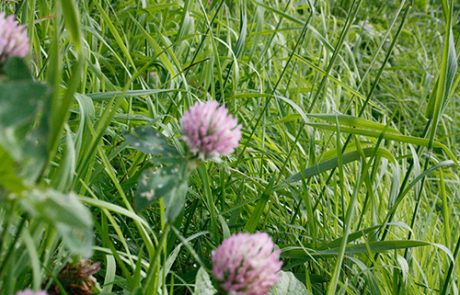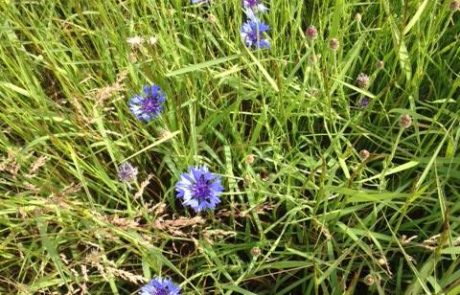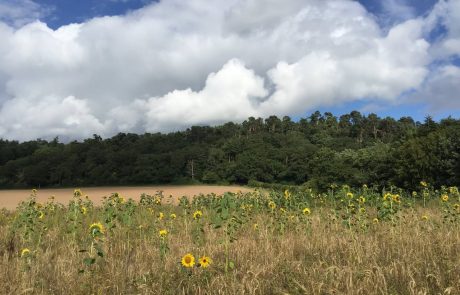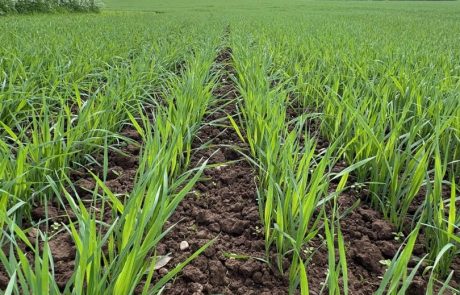Why Organic Produce?
Pimhill first became organic because Sam and Richard Mayall felt that it was the right thing to do for the health of their land and animals.
Their conviction was not fuelled by the promise of a ‘premium’ market, there wasn’t one in 1949. That conviction holds true at Pimhill today.
Organic Farming:
- Uses no synthetic nitrogen fertilisers that need large amounts of fossil fuels to manufacture.
- Develops a naturally fertile soil by rotating crops and using compost manure and clover.
- Conforms to the very highest animal welfare standards.
- Encourages biodiversity and natural balance on the farm, in the soil and in the hedgerows.
What makes Organic different to conventional oat harvesting?
We are often asked about Glyphosates – which we do not use!
Glyphosates are the residues from herbicide applications that can be found on samples of food products.
Conventional farming – an application of Glyphosate is made about 2 weeks before harvesting to help with the maturing and drying of the crop. This Herbicide is applied tpo kill the plant to make the final ripening and drying of the grain quicker – giving the conventional farmer control over the harvesting of the crop.
At Pimhill, because we are Organic, we have to rely on Mother Nature to bring the crop to maturity and dry out, together with a dollop of good luck with the weather, to ensure the crop comes in dry enough to store safely.
Did you know that the yield of an Organic crop is approximately half of the yield of a conventionally farmed Oat harvest and and much more variable according to the growing conditions.
At Pimhill we continue to believe that how your food is grown is important to land, animal and human health.
